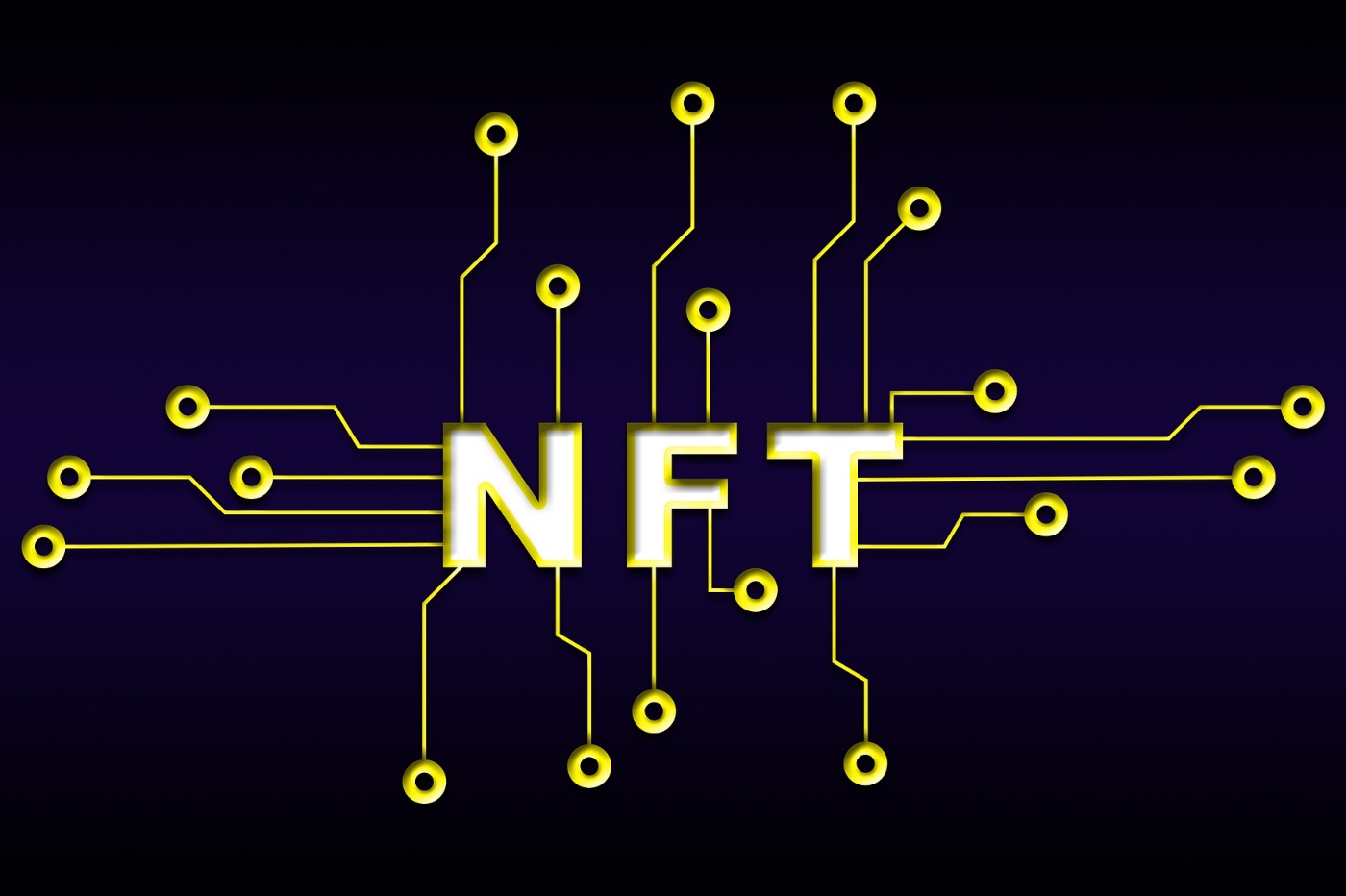
The advent of automation, and the giant steps taken in recent months by Artificial Intelligence, and above all, by chatbots and generative AI systems, have shaken the foundations of many professional sectors. Workers who until not long ago believed that their work was safe from machines, because it was creative or development work, watched with fear as their worst nightmares began to take shape. Because automation is no longer associated only with robots on an assembly line. Now too It can affect, to a great extent, professions related to technology.
It is true that this not only implies that there are professionals who fear losing their jobs. In many cases, what will happen is that they will have allies in the automation systems that free them from routine tasks so that they can dedicate themselves to other more important ones. But as AI becomes more powerful, capable and versatile, jobs that seemed safe from it could disappear.
Companies, thanks to automation, can already save a lot of money and improve the productivity of their workforces. There are already many managers looking for and implementing technological supports that improve efficiency through automation, and that allow IT teams to focus on innovative and important tasks.
In addition, there are many companies that are struggling with a shortage of IT talent, and automation systems can help them fill the gap in skilled personnel. That, if, for the moment, to a certain extent, generally related to the performance of routine tasks.
Frontline jobs, care and maintenance, among those most affected
But there are many question marks about the future, and the IT jobs that automation could eliminate. In some cases positions related to the maintenance of business applications and software have already been reduced operational, because there are systems capable of automating certain routines. In addition, there are already tools equipped with routines and algorithms capable of automating network maintenance and making it predictive, as well as being capable of detecting fraud, in many cases better than humans. And reducing errors to a minimum. This, without a doubt, is already having an impact on the personnel dedicated to maintaining systems.
In view of this, we can assure that in the short term, lThe jobs related to IT operations that will be affected the most by automation in the short or medium term are those who perform routine operations. These include first contact and customer service, data center operations, technical support, software testing, and technology-related troubleshooting experts.
This is because automation and cognitive systems have been developed capable of learning from what happened in similar events prior to those they will have to face on a daily basis, and in which they will have to apply the most appropriate measures, according to their predictions, to to solve the problems. In addition, they will be able to do it faster, and in many cases more efficiently than humans.
An example of automation technology that will affect many jobs is chatbots. At first, the positions most affected will be those of assistance and customer service. As for AI-powered automation tools, they will be the number one threat to helpdesk professionals.
The expansion of cloud-based infrastructure at the enterprise level in data center operations will have greater automation in monitoring systems, as well as in their installation and deployment. Therefore, it will be possible within a short time that there are fewer workers dealing with such tasks in data centers.
The expansion of the use of automation systems with Artificial Intelligence and machine learning, especially in the cloud, will affect other positions. For example, the system and software testers they will be less necessary. This is because automation systems similar to RPA systems will be used, as well as AI and machine learning testing tools to test code faster and more accurately.
Within the development, the testers will not be the only ones affected. precisely, the software development It is one of the sectors that is believed to suffer one of the greatest impacts as a result of the advance in automation.
Low-code and no-code platforms and development support systems, support for professionals and companies
The increase in platforms of low-code and no-code It is already covering the needs of some companies in terms of developing custom tools. Professionals without development experienceor with very little, can use them to create applications. In this way, companies can fill, also to some extent, the shortage of IT talent. It also allows them to reduce routine tasks in the creation of certain software elements, so that their developers can focus on other more important and complex tasks.
But most problematic for them are recent advances in what are known as large language models, trained on large amounts of information and data. In some cases, also with freely available source code, which has made some systems even capable of writing code from a text request.
In many cases, it is enough to make a request to the model of the objective to be achieved, even with natural language. An example of this is GitHub’s Copilot, and ChatGPT has also been able to demonstrate that it can write chunks of code in multiple languages, and debug it.
Of course, in all cases human intervention is necessary to verify the accuracy of the code. Also to integrate it into systems. Of course, although in the first case it is necessary that the people in charge of the verification have technical training, in the second it can be done by people who have very little or no knowledge of development.
But it’s not all bad news for tech professionals who see the approach of AI as a threat. In many cases, systems can be your allies to be more productive and perform fewer repetitive tasks.
They can even be used to carry out new tasks, and to investigate other more important aspects that require more creativity and training. Automation is also another sector that will need specialists. Both in its development and in its control and evolution. Also to carry out the necessary tasks, because the systems need someone to ask them what is needed.
Software engineers and data scientists, among the jobs that will change the most
However, it is inevitable that within a few years we will see professions that currently require highly qualified skills completely transformed by automation. This will happen, for example, with the software engineers and data scientists.
Since AI will be able to help develop and perform various code creation and debugging tasks, there may not be as many developers needed as today. As for those who currently work with data, they may be in even greater danger of seeing their professions change dramatically, or the number of specialists needed to develop them reduced.
Automation systems designed to work with data will make jobs that include information analysis are in jeopardy. In particular, those related to the capture or analysis of large amounts of information that do not require many interpretation or assessment tasks.
This will mean that IT professionals will have to be very attentive to the evolution of automation systems, and prepared to learn other skills and adjust to changes faster than usual.
In addition, they can also take the opportunity to train and help other workers to do the same, and even to use and maintain automation tools. Of course, it will be necessary to start up and plan new training plans, at all levels, that offer the acquisition of skills and knowledge necessary for the use of the tools of the future, both at the level of higher, professional and secondary training. .



